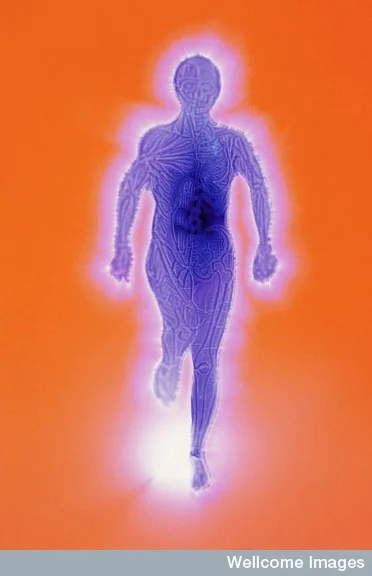PhDs in Press: Winter/Spring 2014
/The drought that afflicted Calfornia this winter was in no way mirrored in the publications authored by members of the Stanford Neurosciences PhD Program.
This Winter/Spring saw 10 PhD students publishing first-author papers (Lief and Joanna, Egle, Kira, Sergio and Corbett, David K, Poh Hui, Mridu and Nathan). They were joined in authorial success by an additional 13 graduate researchers who were 2nd-nth authors (Aslihan, Logan, Kelly, Ivan, Astra, Greg, Izumi, Georgia, Nick Steinmetz, Jake, Tina, Hannah and Mark; not to mention Kira and Poh Hui who also had 2nd-nth author papers).
Witness the majestic variety of neuroscience research being done by the Stanford Neurosciences Graduate Community. The Diesseroth lab makes genetically encoded tools that use Boolean logic. The science partnership of Corbett Bennett and Sergio Arroyo continues with a review article on nicotinic modulation of cortical circuits. Paul Buckmaster's lab publishes a study of epileptic sea lions off the California coast. And so much more...
Continue below for a full list of the articles (complete with links and abstracts).
Read More




